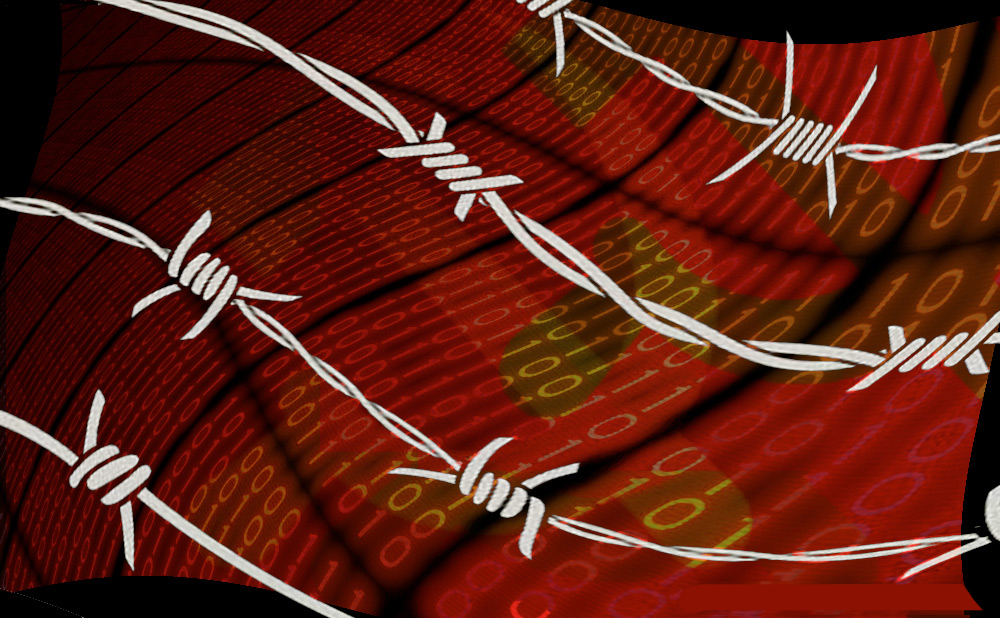
China claims that it shut down the reeducation camps in Xinjiang in 2019. It also claims that the reeducation camps, insofar as the world came to know them, never existed.
These were just “vocational education and training centers.” Places to “train” Uyghurs, maybe in woodworking or Excel spreadsheets, not places to brainwash, torture, rape, and murder Uyghurs. And in 2019, Chinese officials say, the students “graduated.”
For The Diplomat, William Nee reports (“A UN Body Sheds Light on the Fate of Disappeared Uyghurs,” August 30, 2023):
The Chinese government says that it ended the camp system in 2019, claiming that those who had been subjected to internment had “graduated” and “found stable employment.” While these claims cannot be verified, independent research indeed indicates that the camp system has largely wound down, with some people being released and others being sent to prison.
But alongside the internment camp system, hundreds of thousands of people were sentenced to prison, with the Xinjiang government itself indicating that 540,826 people had been prosecuted in the region from 2017 to 2022. This is a high number in a region that is home to 25.8 million people, 14.9 million of whom are ethnic minorities. . . .
The Chinese government claims to be operating in accordance with the “rule of law” and has pledged to “fully protect the public’s right to information” in court rulings in Xinjiang, but these pledges appear disingenuous when viewed through the practical experience of Uyghurs in actual cases.
Some of those cases are discussed in Nee’s piece, which states that one of the “shocking findings” of the U.N. Working Group on Arbitrary Detention is that “there is no proof that some Uyghurs sentenced to prison underwent trials at all.” This is bad, but only because skipping a trial is part and parcel of the entire proceeding. It doesn’t matter to the victims whether their foreordained, unjust incarceration is preceded by a fake trial.
If arbitrary imprisonment in the camps is in fact being replaced by arbitrary imprisonment in standard prisons, the inmates in Xinjiang are not necessarily any better off — and probably are not.





